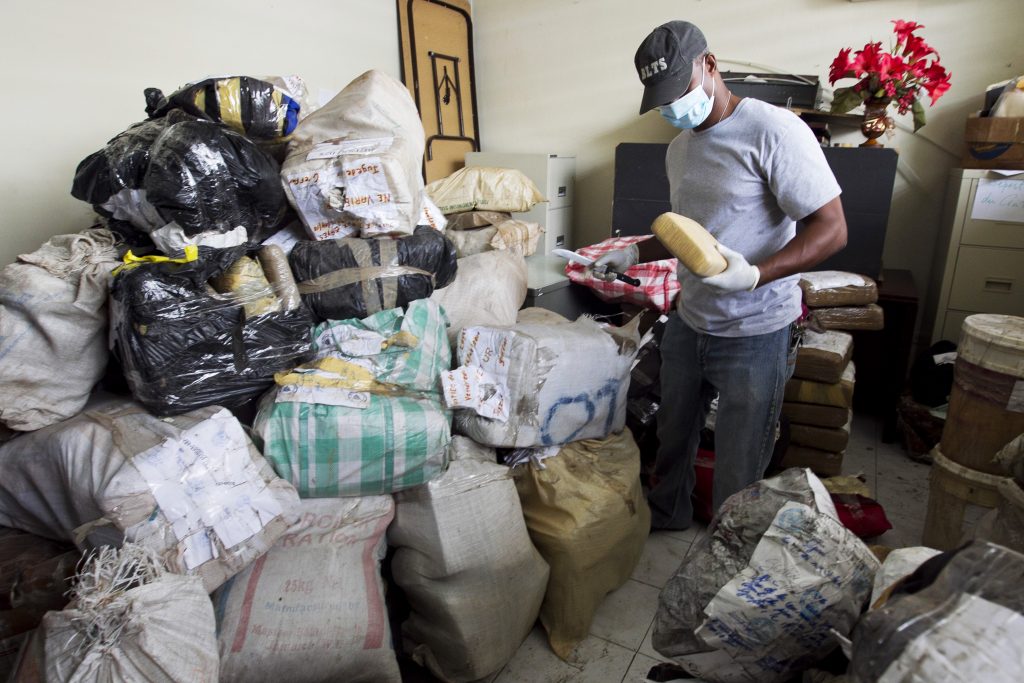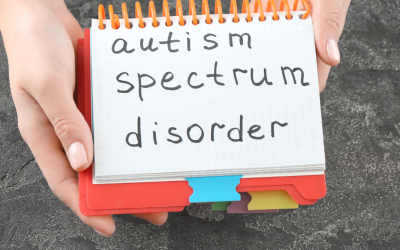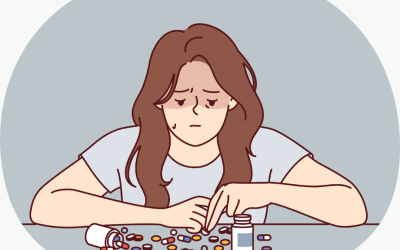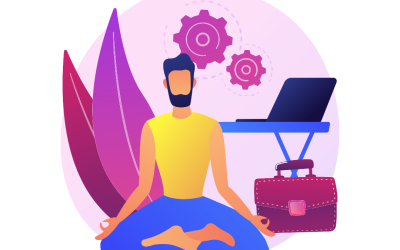Drug Trafficking In India
Drug trafficking means the production, sale, and distribution of drugs in an illegal way.
Drug trafficking is one of the biggest issues across the globe, and India is no exception. This crime is related to other spine-chilling crimes such as murders, prostitution, kidnapping, etc. Police and the Narcosis department of India continuously try to eliminate the fear of drug trafficking in different parts of the country. Still, the whole trafficking net is so big that it can’t be eliminated within a few years or days. Drug trafficking is directly connected to the increased rate of people who are addicted to drugs, as this crime contributes to a better distribution of drugs in different parts.
Drug trafficking: A threat to Indian borders
India has become a destination of drug trafficking, which is mostly related to heroin and hashish produced in the Golden Triangle and the Golden Crescent. There are different types of drug trafficking in India, such as heroin trafficking, ATS (amphetamine-type stimulants) trafficking, marijuana, and cocaine trafficking.
Not only that, but several psychotropic and pharmaceutical solutions and precursor chemicals are distributed and trafficked through different parts of the Indian territory. It is a two-way trafficking process that is violating the borders of India and also has become a national security threat.
According to the reports, almost 70% of narcotics and drugs are trafficked in India using land transportation options such as buses, trucks, and other vehicles. Reports also say that this trafficking mostly happens within the borders of the country as these country borders are the point of contact in the complete trafficking process.
There are mainly four Indian borders by which the trafficking has been continuing: the India-Pakistan border, India-Nepal border, India-Myanmar border, and India-Bangladesh border. Protecting the Indian borders from these kinds of activities has become a priority for the Indian armed forces.
Among these borders, the India-Pakistan borders are extremely vulnerable to the trafficking of hashish and heroin. The India-Nepal border mostly deals with the increasing demand for Nepalese and Bhutanese cannabis in India. These borders are mostly related to two-way trafficking.
Why is drug trafficking increasing?
According to several reports, the rate of drug trafficking is increasing across Indian territory. The reasons for drug trafficking include the increasing date of mental health-related issues across the country and less awareness. There are people who consume these drugs without knowing the consequences. Besides that, loopholes are everywhere.
As mentioned before, a big percentage of drugs are trafficked in the country through the land borders in India. Though the Indian armed forces are trying their best to prevent these kinds of activities, there are loopholes that are known to drug dealers.
What can be the consequences of drug trafficking?
Drug trafficking has consequences for both parties, the people who are directly related to drug trafficking and the people who are being the victims. Drug trafficking increases addiction, especially among the young generation. Drug addiction is gradually becoming a huge problem among youngsters in different parts of the country. In the big picture, this can also affect the overall socio-economic culture of the country. Drug trafficking is also increasing the fear of murder, kidnapping, prostitution, and several other crimes within the territory.
On the other hand, under the NDPS act of the Indian constitution, drug trafficking is banned. There are other laws as well, such as Narcotic Drugs and Psychotropic Substances Act (1985) which completely banned this criminal activity. The punishment for this activity can be imprisonment of at least 10 years, and there can also be a fine that will not be less than 1 lakh. Despite strict laws, there are some groups who are still related to this criminal activity, but the country police are also doing their best to prevent them.
We, at the healerspsychiatry can help you recover from this dreadful addiction.
















